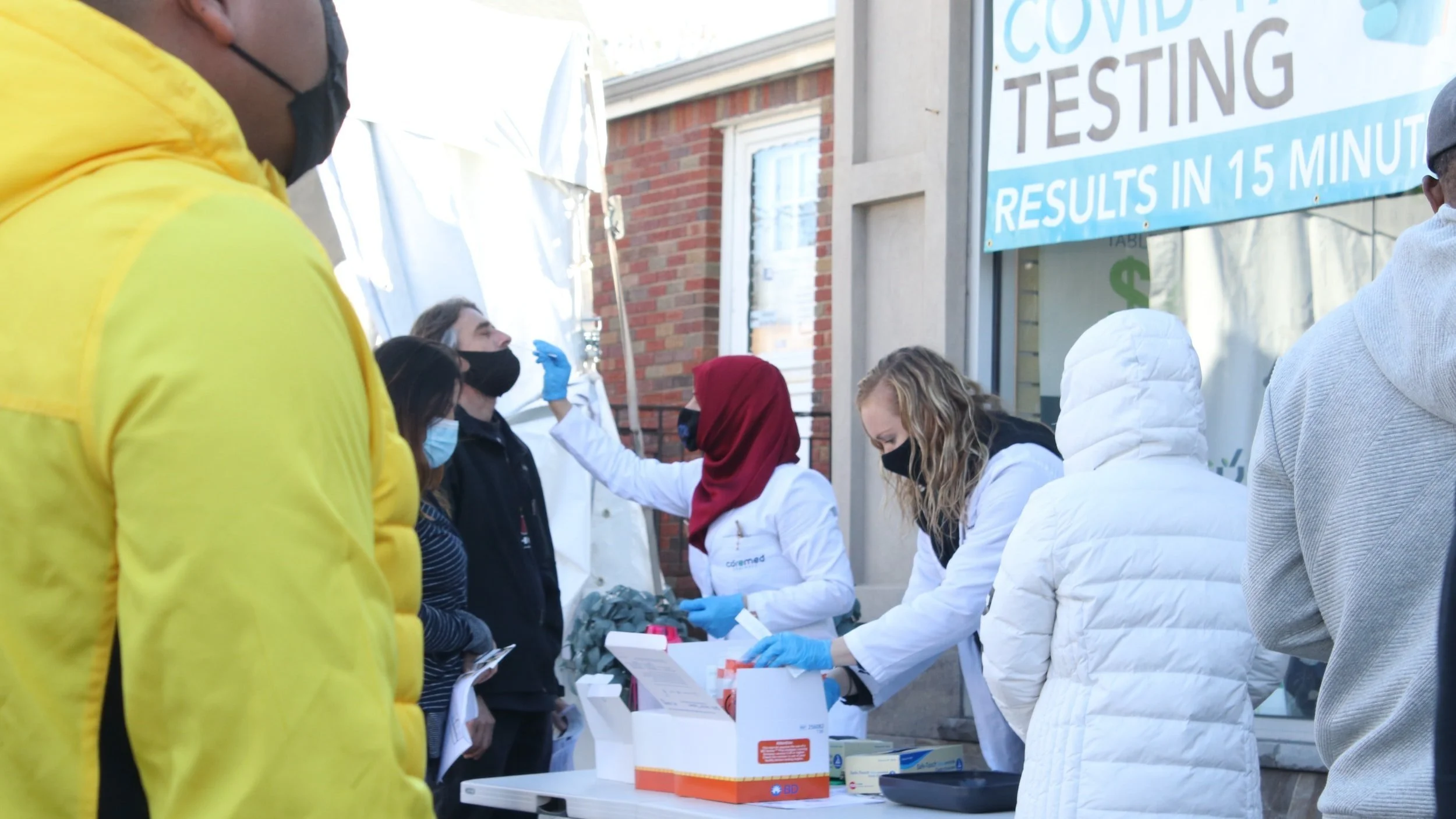Mandatory COVID-19 Testing: Endorsed by Ontario Arbitrator
A recent Canadian labour arbitration decision provides some comfort to employers who have adopted or may be considering mandatory COVID-19 testing for employees or others. In Ellis Don Construction Ltd. V LIUNA, Local 183, 2021 CanLII 5019, the arbitrator held that a Rapid COVID-19 Antigen Screening Program was reasonable in the circumstances.
Ellis Don is one of Canada’s leading construction companies. In early 2021, the company implemented a rapid screening program as part of a pilot program which had been developed by the Ontario Ministry of Health.
The program required that all individuals who attended at identified company job sites were required to submit to a Health Canada-approved rapid screening test. Employees and contractors were not allowed to enter the workplace if they refused to be tested. The testing program was based on a set of professional protocols, which included the use of third party health care professionals, who asked relevant questions and administered the tests in accordance with Ministry guidelines.
No personal health card information was taken from individuals who were tested. Instead, anyone with a positive test result was required to provide their name and contact information. This information was then only used for the purposes of allowing company management to act on the positive result, including via reporting to public health authorities. In other words, the information was essentially only used for purposes consistent with employer legal requirements.
As part of the program, the employer had also adopted a number of health measures at relevant work sites. This included providing handwashing stations and hand sanitizer, enhanced personal protective equipment, prohibiting non-essential parties from attending on site; and spacing out work so as to minimize contact.
The Union filed a policy grievance which challenged the company’s program. In their grievance, the union claimed that the program was unreasonable, in part because it involved an unduly intrusive approach which violated employee privacy and bodily integrity. In essence, the Union’s position was that the employer could have adopted less-intrusive means (such as those in place in addition to testing) which would reasonably mitigate the risks relating to COVID-19.
From a legal standpoint, the Union’s position was based on the approach which many Canadian labour arbitrators have followed in cases involving drug and alcohol testing. In this regard, there is a general principle which requires that the expected gains with respect to employee testing must be greater than the impact on employee privacy.
In dismissing the grievance, Arbitrator Robert Kitchen considered the unique circumstances both of the employer’s operations and the pubic more generally. Given the risks associated with the pandemic, the arbitrator found that the program and the related requirements for testing were reasonable. This decision was based on a close review of how COVID-19 is spread, and the related guidance which the Ministry and public health officials provided in support of the approach taken by the employer.
The risks associated with workplace or community spread of COVID-19 are not hypothetical. The relevant work sites which were the subject of this case were either under lockdown or stay-at-home orders at the time the case was being considered. Ellis Don had also previously had to deal with outbreaks on certain sites. As a result, there was a proper basis to find that there was an ongoing threat to employee and public health.
A key finding of the arbitrator in this case was a rejection of the Union’s attempt to draw the analogy between controlling COVID-19 infections and workplace drug and alcohol testing cases. Simply put, intoxicants are not infectious, and being under the influence of drugs or alcohol is cause for discipline but being tested positive for COVID-19 is not. In other words, once it is clear that the focus is no controlling infections, the personal privacy and bodily integrity arguments need to be recognized as taking a lower (though still important) priority. Based on these considerations, the arbitrator held that the program was reasonable because the steps taken to prevent the spread of an infectious disease, all of which were based on government guidelines and involvement were defensible in the circumstances.
Takeaway for Employers
This decision is a welcome development for employers, who in many cases have struggled with how to manage workplace issues during the pandemic. While decided in the context of a labour arbitration involving unionized employees, the outcome here provides support more generally for employers to implement workplace testing. This will be particularly the case is the employer both adopts measures which are consistent with applicable public health guidelines, takes reasonable steps to protect employee privacy.

